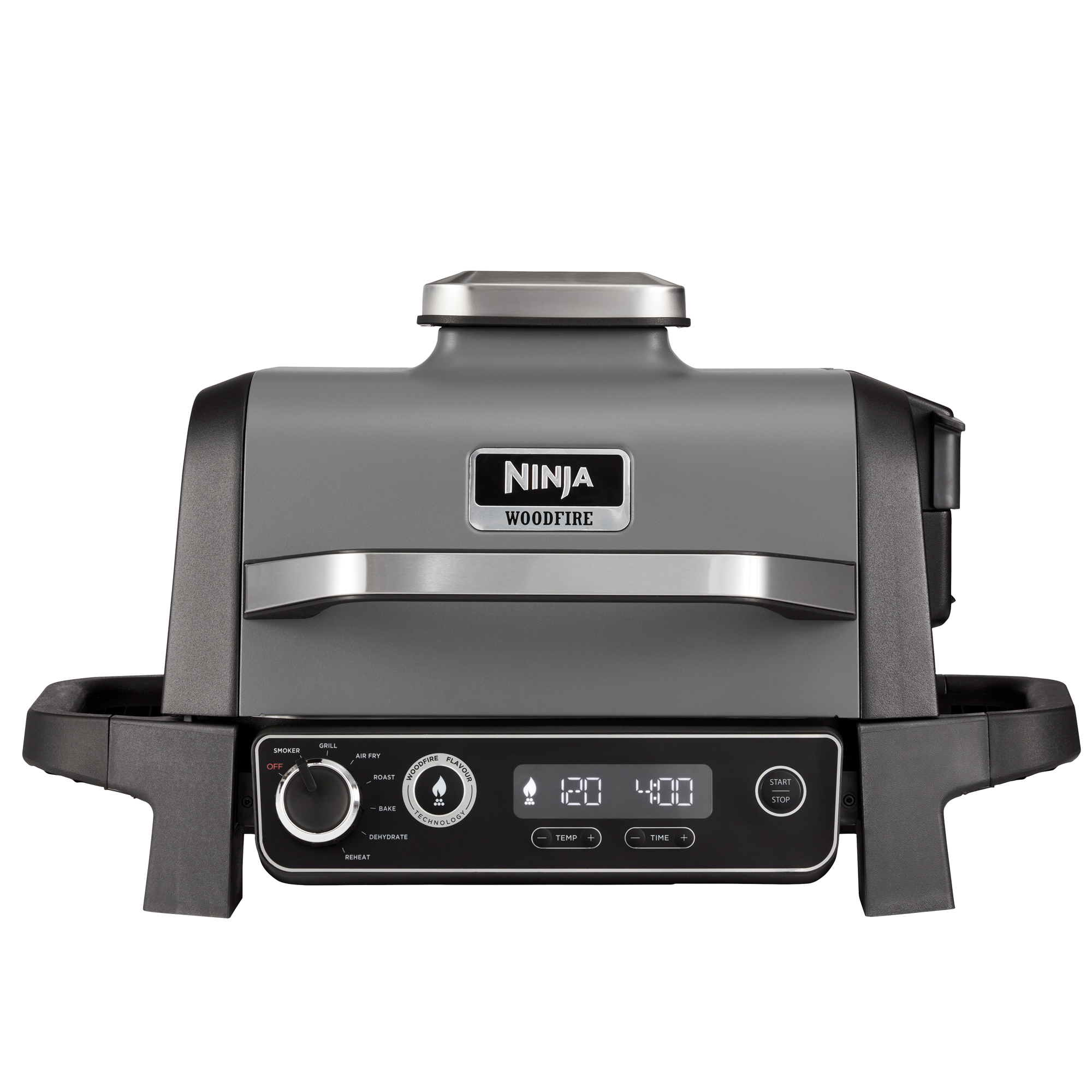Gas grill vs pellet grill - Should you invest in a tried-and-trusted classic or the new BBQ on the block?
The stakes (or should we say steaks?) are high…
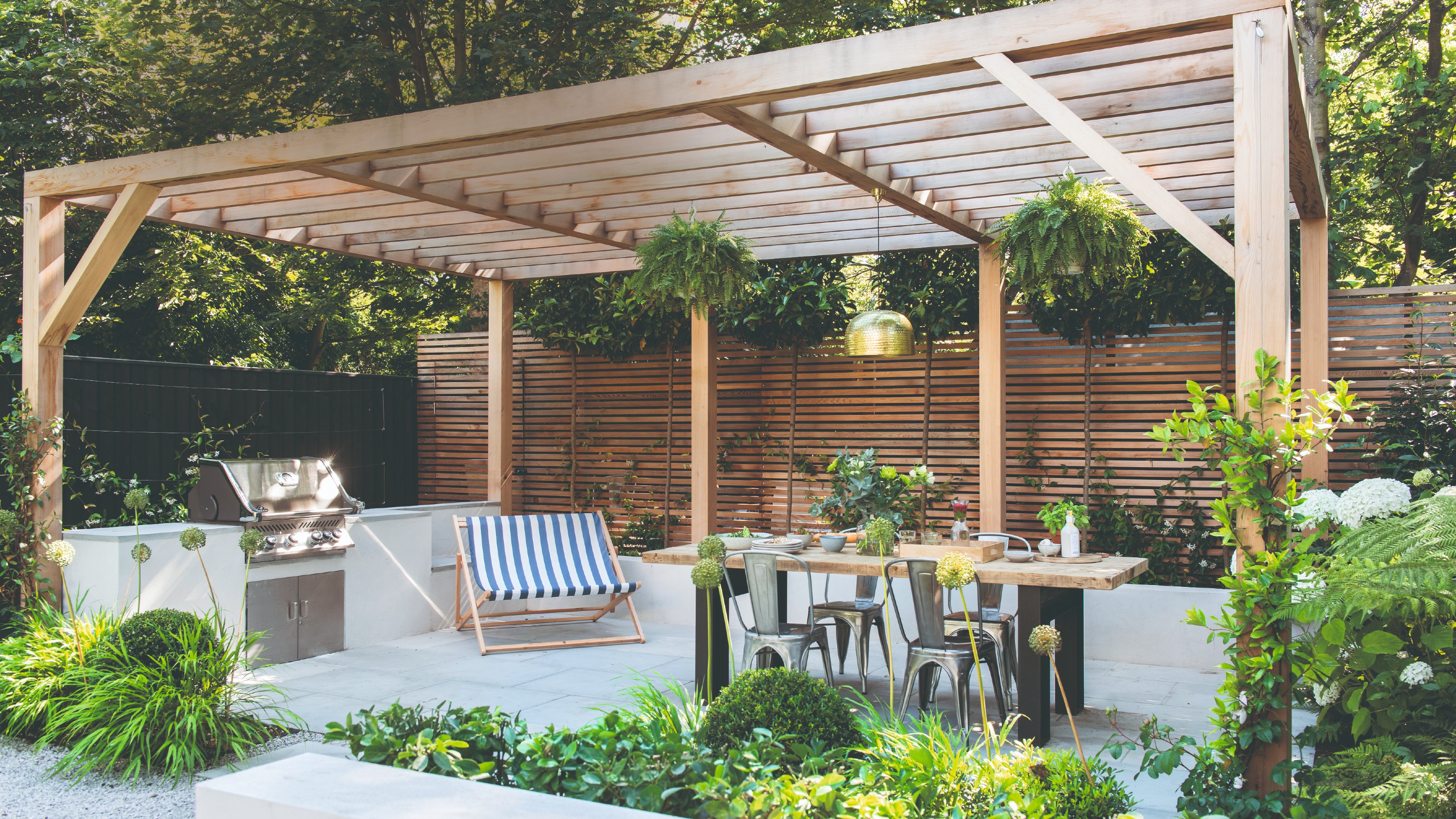

Gas BBQs are a classic. They’ve been around for decades, and most people have either had one or know someone who has. In recent years, however, a new type of BBQ has entered the chat: the pellet grill. But which one wins the gas grill vs pellet grill debate?
Over the years, the Ideal Home team has tested some of the best BBQs around, and there’s no doubt that the best gas BBQs have regularly made their way to the top of our leaderboard. But with more and more people embracing outdoor kitchens and al fresco cooking, they're also starting to experiment with different flavours and fuels.
And that’s where the pellet grill comes into the picture. But can a new kid on the block really knock a classic off its perfectly cooked pedestal? Well, we decided to put it to the test and compare gas grills vs pellet grills once and for all.
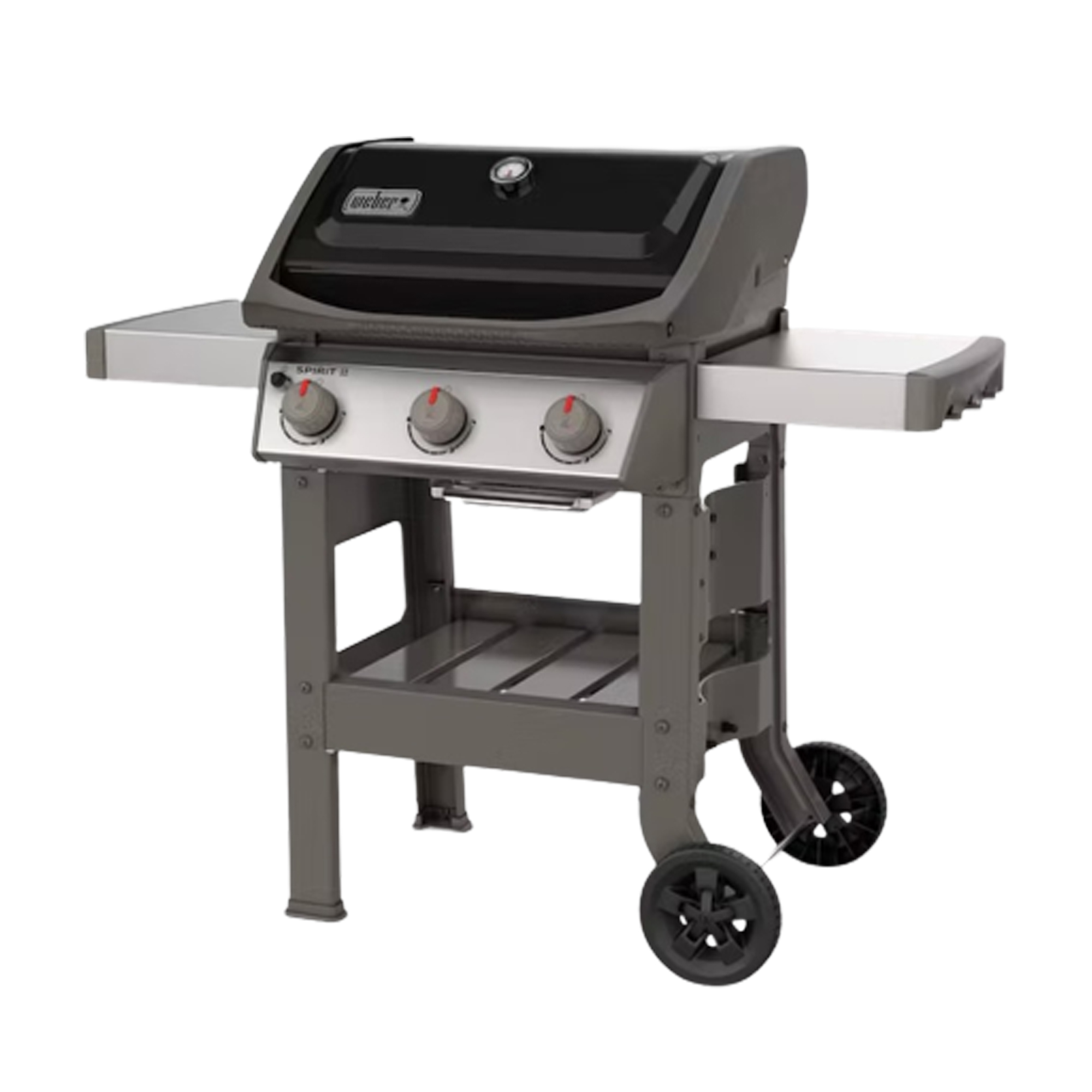
Gas grills vs pellet grills: What’s the difference?
The difference between a gas grill and a pellet grill is in the name… and the fuel. Gas grills are gas BBQs powered by canisters that are ‘plugged in’ to the grill. Then, all you have to do is then ignite the gas and watch as your grill sparks up.
There are also many gas grills on the market to choose from, from big-name brands such as Weber, Char-Broil, and Vonhaus. And while they’re generally considered incredibly easy to use and quick to heat up, there are some things you should know before buying a gas BBQ.
Pellet grills, on the other hand, are a little different. Instead of using gas or charcoal, they’re fueled by wooden pellets, which are popped into a pellet hopper and then fed into a chamber. They are then heated up and burned to not only cook the food but smoke it, too. The whole thing is typically powered by electricity, but you can also buy pellet grills powered by gas.
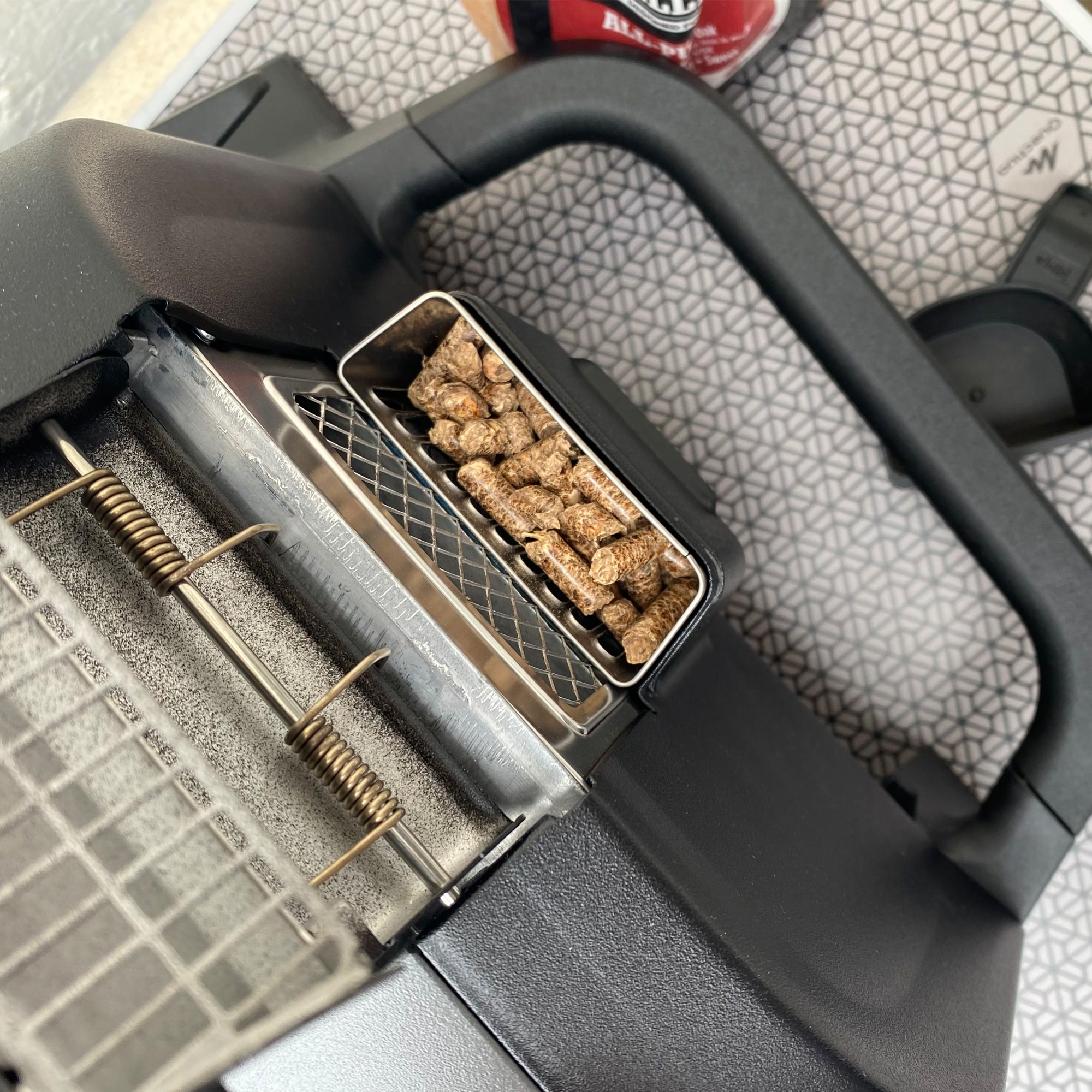
And while you can buy normal wood pellets, pellet grills also offer the chance to smoke your food with different flavours to enhance the cooking experience. Dennis Littley, a fine-dining chef and owner of askchefdennis.com, also adds, ‘Pellet grills are ideal for low-and-slow cooking, like smoking ribs or brisket, where you want that deep, rich smoky taste.’
Get the Ideal Home Newsletter
Sign up to our newsletter for style and decor inspiration, house makeovers, project advice and more.
Popular across the pond, pellet grills aren’t as big as gas grills in the UK just yet. But with pellet grill tycoons like Pit Boss and Traeger starting to make their mark over here, we predict that the pellet grill will soon become just as big as the best charcoal BBQs and the best gas BBQs.
Gas grills vs pellet grills: Heating time
Although we haven’t had the pleasure of testing Pit Boss or Traeger pellet grills just yet (so can’t comment on their heating time) we have tested the Ninja Woodfire Electric BBQ Grill & Smoker, which was given an epic 5-star review by our tester Alyssa LeAnne Owens.
Known for producing some of the best air fryers, Ninja’s first foray into the BBQ world is perfect for those who want the ease of an electric BBQ but with the added perk of a pellet grill. And when Alyssa fired up the Ninja BBQ, she found it to heat up pretty quickly.
She said, ‘Within the first 10 minutes, you can start to see and smell a steady stream of smoke billowing out from the side smoke box compartment.’
And it seems as though Ninja’s second stint into the pellet world was just as impressive. When our tester Helen McCue reviewed the Ninja Woodfire Electric Outdoor Oven (which also has pellet grill capabilities and was also given a glowing 5-star review), she also found it to heat up pretty fast.
Helen noted, ‘The preheat, including the auto-ignition of the pellet, took around 16 minutes.’ And when you compare that to a charcoal BBQ or an egg BBQ, that’s rather impressive. But what about gas grills?
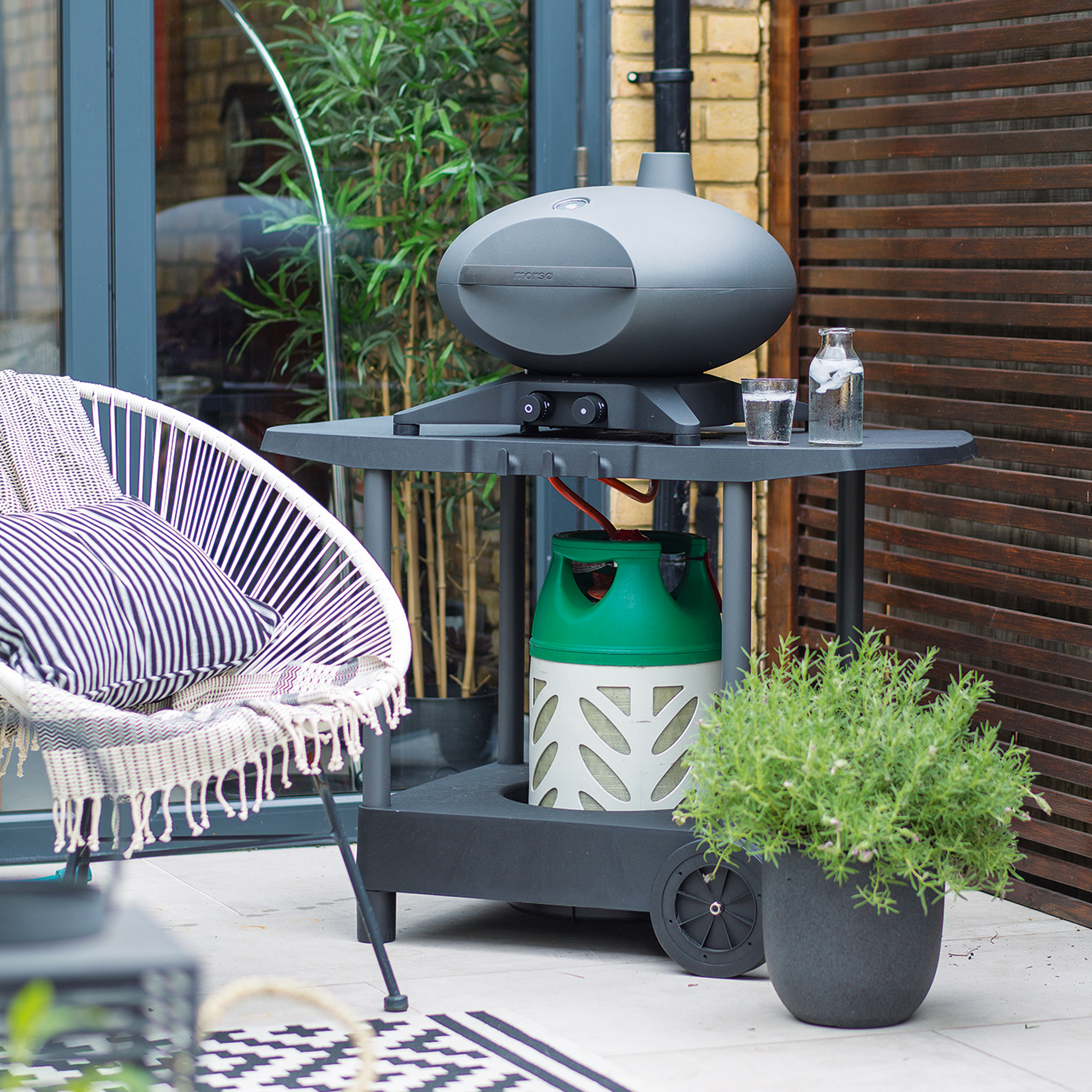
Gas has always been celebrated for its impressive speed, and how quickly it heats up is one of its main selling points. We’ve seen this, too, during our own testing.
When Amy Lockwood, Ideal Home’s very own E-Commerce Editor, reviewed the Weber Spirit II E-310 (which we crowned the ‘best overall’ gas BBQ in our guide), it’s fair to say that she was blown away by its speed.
‘Our first cooking test involved getting the grill up to 250 degrees which the Weber Spirit II E-310 achieved in a fantastic five minutes – far quicker than many of the BBQs we tested over our two-day reviewing,’ she raved.
So, in the battle of heating time, it’s fair to say that gas wins this round.
Gas grills vs pellet grills: Ease of use
When it comes to lighting and ease of use, both gas and pellet grills are incredibly easy and simple to use. Unlike charcoal BBQs, you rarely have to fiddle with firelighters or air vents, and often, turning them on is just a case of pressing a few buttons and closing the lid.
However, pellet grills may take a bit of getting used to if you’ve not used one before. Dennis says, ‘They do have a bit more of a learning curve. You need to understand how to load the pellets, set the temperature, and manage the smoke. Many modern pellet grills come with digital controls, which can simplify the process, but it still requires a bit more attention than a gas grill.’
Thankfully, Helen didn’t struggle when she tested the Ninja Outdoor Oven. She said, ‘The control panel is incredibly easy to understand and simple to use. Simply select your cooking function via the large dial. Adjust the time and temperature, then press the woodfire button if you want added smoke. It even ignites the pellets automatically—so no fire lighters or matches are required.’
The clean-up is pretty easy as well. After using the Ninja BBQ, Alyssa noted, ‘The burnt wood pellets sit in a small removable box, so once the oven is cool, you simply remove the box and tap out the tiny bit of ash that’s left inside. And the exterior of the oven is very streamlined and easy to wipe clean.’
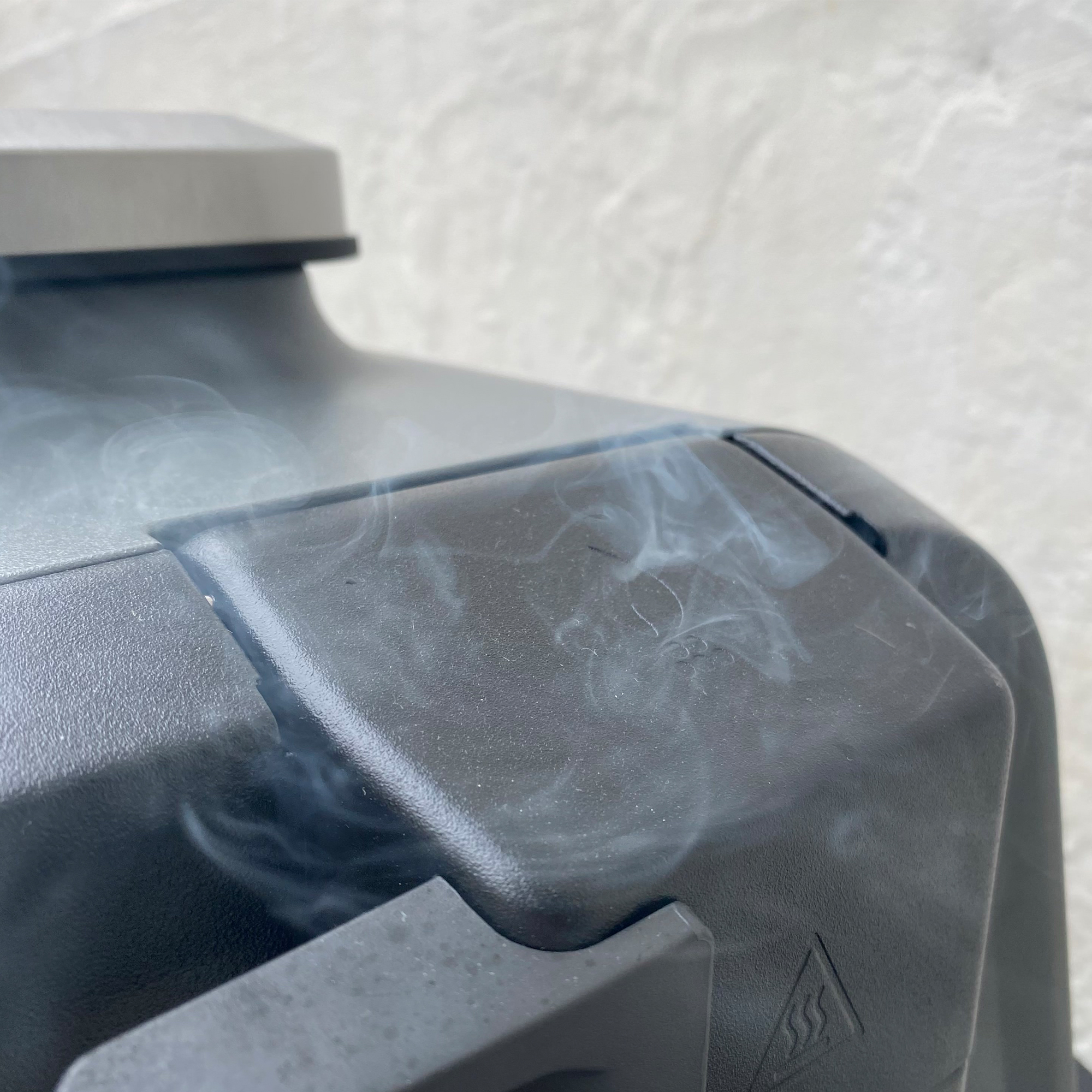
But if your decision between gas grills vs pellet grills will be determined by ease of use, we're going to confuse matters by saying that gas grills are also incredibly easy to use. Once you’ve connected the gas pipe to the canister, all you need to do is press the ignition and watch the flames roar up.
In most cases, gas grills also have side burners and a main grill, allowing you to cook multiple foods at once. This is something that Helen found when she tested the Vonhaus 4+1 Burner Gas BBQ. She gave this grill a 3.5-star review (docking some points for the difficult assembly and the fact that the gas canister didn’t fit on the shelf).
She said, ‘I switched it on and allowed the grill plates to heat up for a few minutes, then I loaded it up with six burgers, eight sausages, and two blocks of halloumi sliced up. There was more than enough space, in fact, I could easily have cooked more.’
‘At the same time, I used the side burner to fry onions for the burgers, which was actually really convenient because I didn’t have to keep running between the kitchen and the barbecue. And they softened nicely while everything else cooked.’
However, we have to say that both grills have downsides, too. Gas BBQs require a large, heavy, and awkward gas canister (which can be troublesome for those with dexterity issues), and pellet grills require pellets, which you normally have to buy in large, heavy bags.
But as you’d have to do the same with a charcoal grill and the bags of charcoal, we guess this is just part and parcel of having a BBQ - unless you decide to go electric.
Ultimately, though, gas grills are designed for convenience, so this round goes to gas.
Gas grills vs pellet grills: Cooking quality and overall taste
Gas grills and pellet grills are very different when it comes to flavour. In fact, many people sneer at gas BBQs as they're seen to lack the typical 'grilled flavour' that you want from a BBQ.
Dennis echoes this, saying, ‘The flavour from a gas grill tends to be cleaner and less smoky, which is great for foods where you don’t want the smoke to overpower the natural flavours. However, you can still achieve a nice char and some grill marks, which add a great touch to meats and veggies.’
In fact, this is something Helen noticed when she tested the super-affordable Cadac Citi Chef 40 FS Gas BBQ. When barbecuing sausages, she found, ‘The sausages were cooked in under 20 minutes and the grill plate left very defined bar marks on them. Not only did they look tasty, but the meat was succulent and there was no drying out, all in all, a great batch of sausages.’
She did find that the heat distribution was a little iffy the more she grilled on the Cadac Citi Chef, though. She said, ‘Once the heat had been reduced, I started to notice the grill plate was hotter towards the centre and cooler around the outside.’ So, this is something to consider if you want constant, even heat from your grill.
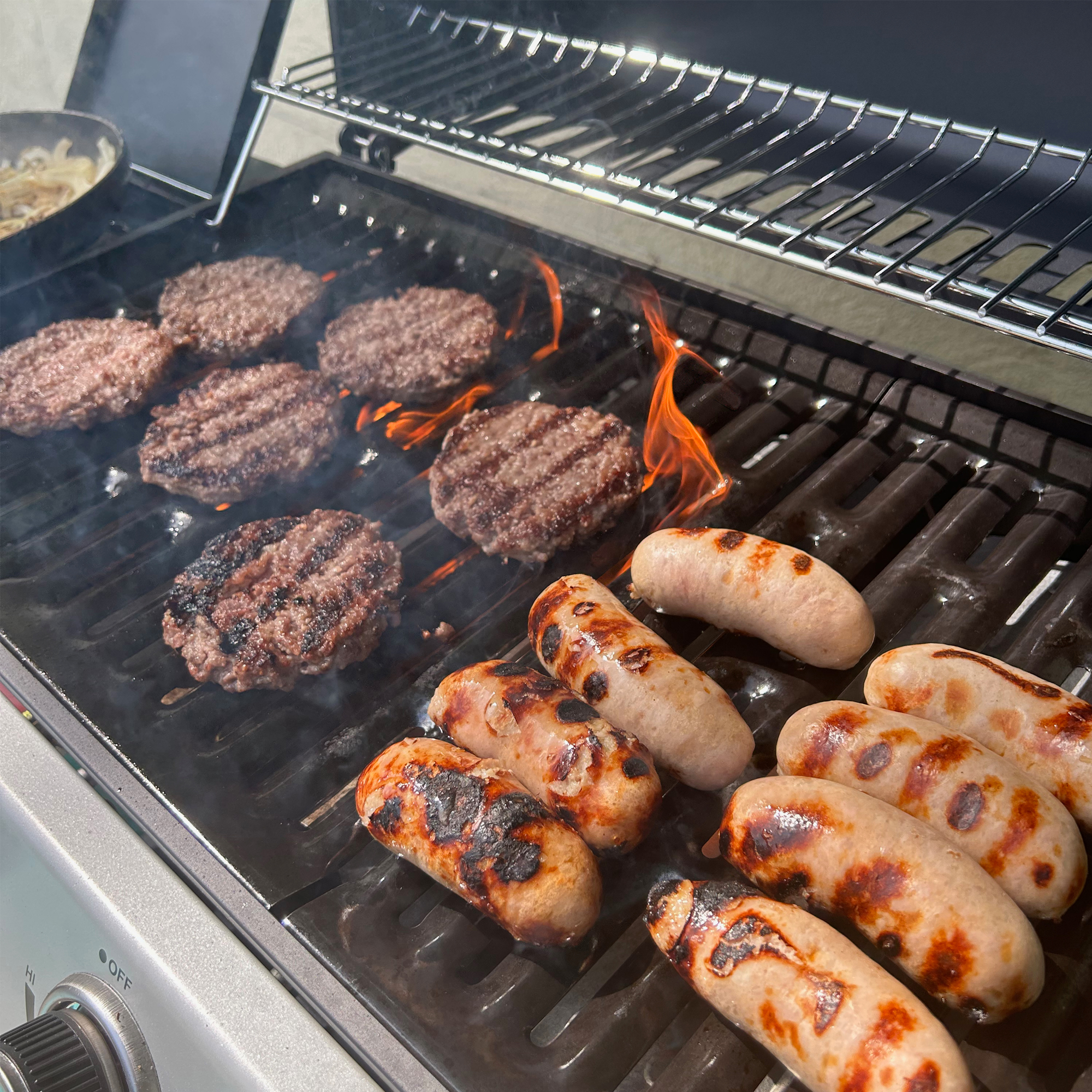
But while gas BBQs are often criticised for their lack of flavour, pellet grills seriously pack a punch - and you can even tailor the taste to suit your requirements by buying different pellets.
Stephen Talbot, sales director at Logs Direct, explains, ‘Pairing the right wood with the meat you’re planning to smoke will come down to how heavy and dense the meat and flavours are.’
‘Meats like pork and beef are denser and have more pronounced flavours, so stronger woods like walnut and mesquite are the ideal pairing to cut through and add a new element to them. But be advised: too much wood will overpower the natural flavours. Remember that too much of a good thing isn’t always a positive!’ he adds.
And although Alyssa didn’t experiment with any fancy flavours while using the Ninja BBQ, she still loved the smokey taste of her pork shoulder nonetheless.
She said, ‘I couldn’t believe how beautifully cooked the large pork shoulder was. After removing the fat cap, the meat was tender and juicy on the inside with some delicious light crispy char on the edges. The meat shredded easily and was perfectly cooked throughout.’
For this reason alone, the pellet grill has got to win on the taste front.
Gas grills vs pellet grills: Affordability
In terms of affordability, gas grills are all over the place. The cheapest gas BBQ we’ve tested is the Cadac Citi Chef, which you can pick up for around £170 when it’s not on sale for less.
At the other end of the spectrum, though, you have your big players - such as the Weber Q3200 Gas BBQ, which retails at £579 (and is a relatively cheap introduction to the Weber world, too). This means that it’s fairly easy to find a gas BBQ that suits your budget, as long as you have at least a couple of hundred pounds lying around.
Unfortunately, pellet grills are more expensive. While the Ninja BBQ and the Ninja Outdoor Oven both retail for around the £350 mark, they’re definitely the cheapest on the market - and some could argue that they’re not traditional pellet grills.
If you’re looking for a legitimate Traeger or Pit Boss, you’ll struggle to find one under £600. Most retail for around £900, and some are even more than that - like the Traeger Ironwood D2 650 WiFi Connected Wood Pellet BBQ from John Lewis, which retails at £1599.99. So, pellet grills are definitely more of an investment grill.
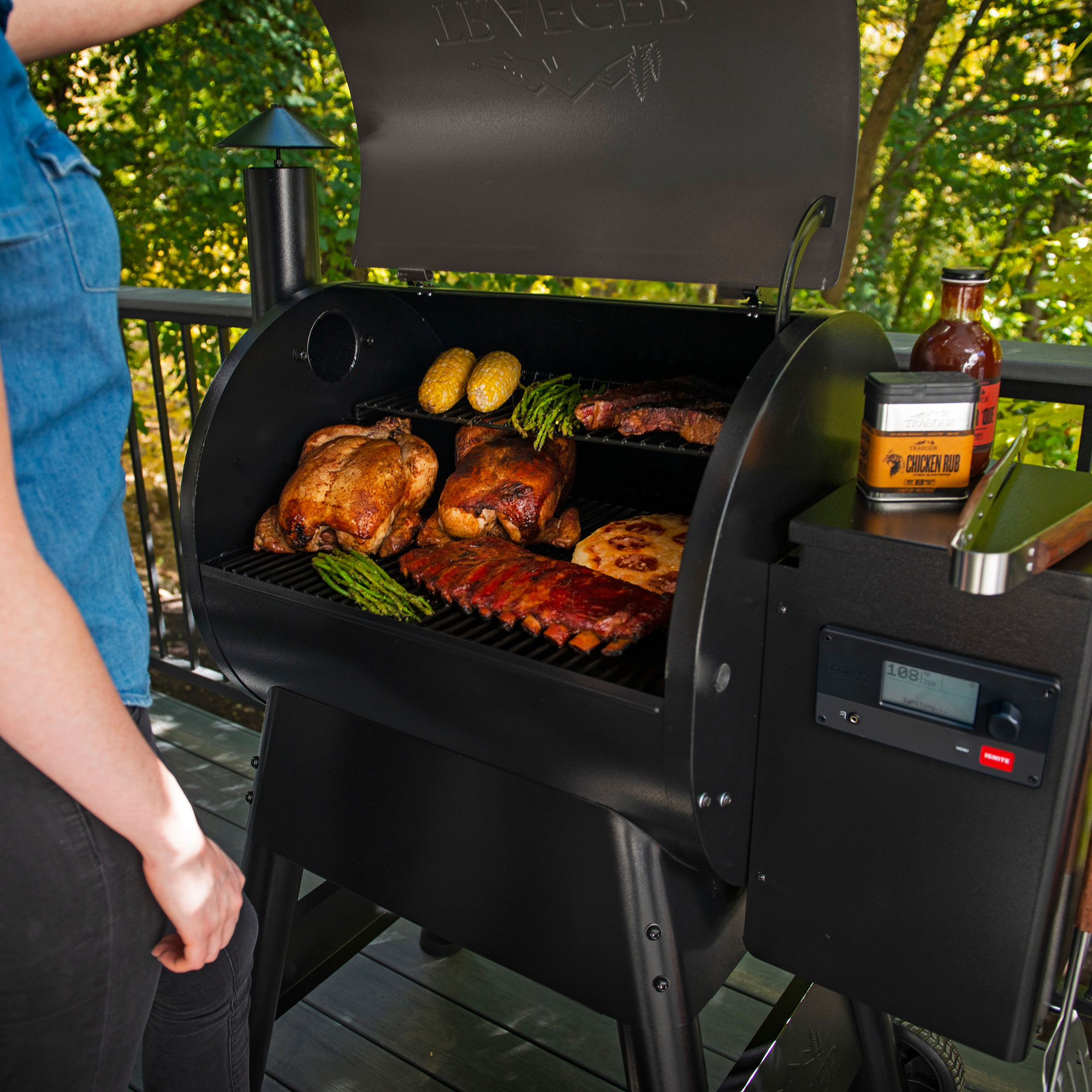
Of course, you also need to think about the cost of fuel to run these grills. While the initial outlay for a gas canister - like this Flogas Leisure Propane Gas from B&Q - will set you back around £35-£55, you can normally refill them for a discounted price. How long this lasts depends on your use, though.
The initial outlay for pellets is undoubtedly cheaper than gas canisters, and this bag of Ninja Woodfire Pellets All-Purpose Blend from Argos costs just £11.20 and will last you 20 uses. So, it’s best to work out how often you’ll be using your grill to see which one is ultimately cheaper.
The final verdict: Which one should you buy?
The debate between gas grills and pellet grills is a difficult one. If we were to base our decision on the above, it’s fair to say that gas is the clear winner. It’s quick, easy, and efficient, and it still provides some of the grilling taste everyone wants.
However, something about pellet grills is extremely exciting, and we can’t help but think that BBQ aficionados who really love grilling and barbecuing (and would be happy to shell out a bit of extra cash) will thrive with this gadget in their outdoor kitchen. So, maybe both win?
In fact, Dennis shares our sentiments. He says, ‘In the end, the choice between a gas grill and a pellet grill comes down to what you value most in your grilling experience. If you’re after quick, convenient grilling with a clean flavour, a gas grill might be your best bet.’
‘If you’re all about that smoky taste and enjoy experimenting with different wood flavours and low-and-slow cooking, then a pellet grill is the way to go. Personally, I love the deep, smoky flavour from a pellet grill, especially for those long weekend BBQ sessions. But for weeknight dinners, a gas grill is hard to beat for its convenience and speed.’
FAQs
Why are pellet grills so expensive?
Although they may not look complicated from the outside or even be complicated to use, there’s a lot more to a pellet grill than a gas or charcoal BBQ. The internal mechanisms to heat the pellets and smoke the food requires are much more high-tech. Because of this, the price is generally much higher.
What are the downsides of pellet grills?
Of course, a major downside is the price, which can put many people off. Another downside is that it can be fiddly to use if you don’t grill often or care much about the extra taste the pellets provide.
Because of this, pellet grills are tailored more towards professional chefs or those who truly appreciate low-and-slow smoking efforts. It’s not really the kind of grill you’d get out for a quick family BBQ.
So, which one will you choose?

Lauren Bradbury has been the Content Editor for the House Manual section since January 2025 but worked with the team as a freelancer for a year and a half before that. She graduated with a Bachelor’s degree in English and Creative Writing from the University of Chichester in 2016. Then, she dipped her toe into the world of content writing, primarily focusing on home content. After years of agency work, she decided to take the plunge and become a full-time freelancer for online publications, including Real Homes and Ideal Home, before taking on this permanent role. Now, she spends her days searching for the best decluttering and cleaning hacks and creating handy how-to guides for homeowners and renters alike, as well as testing vacuums as part of her role as the Ideal Home Certified Expert in Training on Vacuums, having spent over 110 hours testing different vacuum models to date!
-
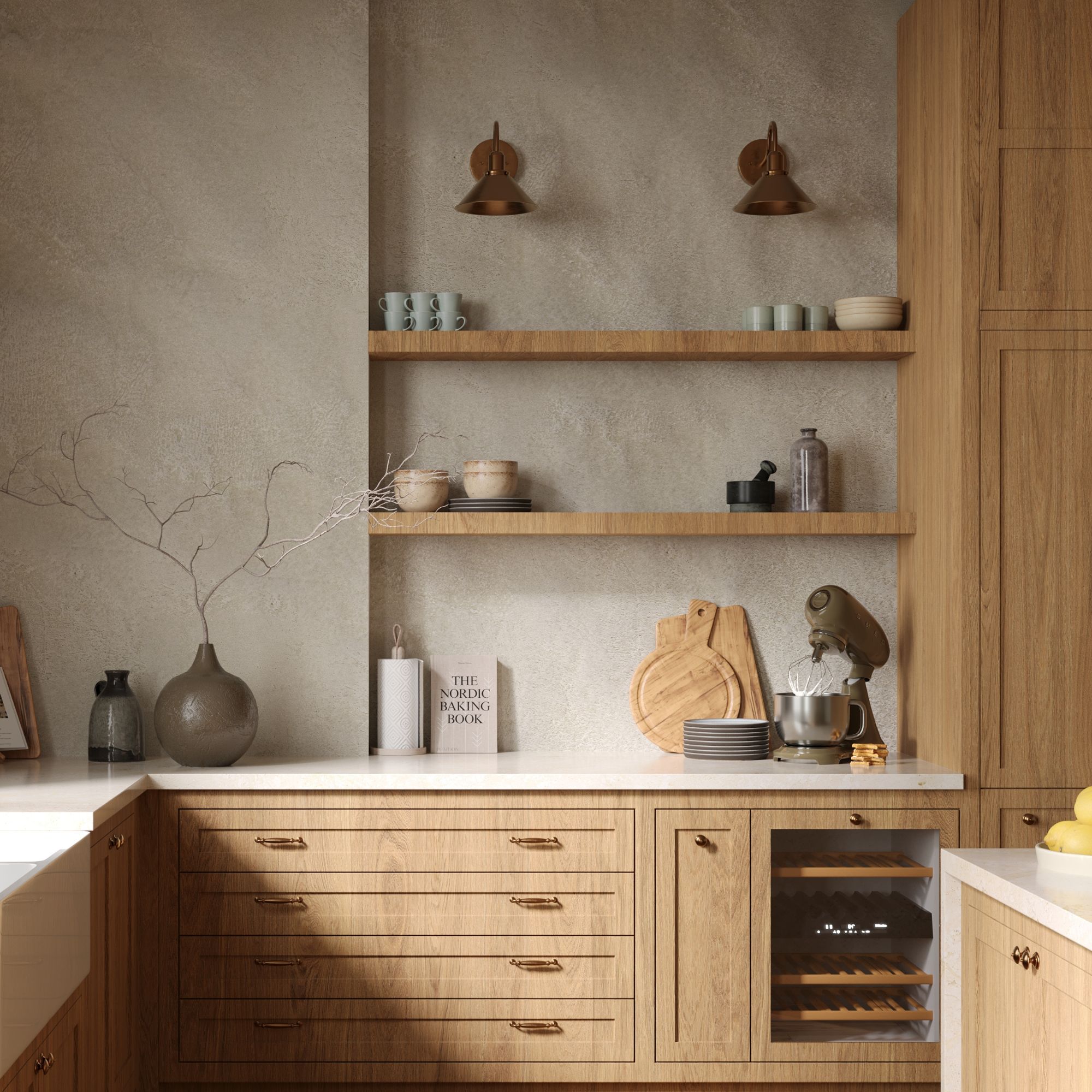 Wood drenching is the calming new twist on the colour drenching trend – here’s how to make the look work in your home
Wood drenching is the calming new twist on the colour drenching trend – here’s how to make the look work in your homeIt’s easier than ever to embrace natural materials
By Maddie Balcombe
-
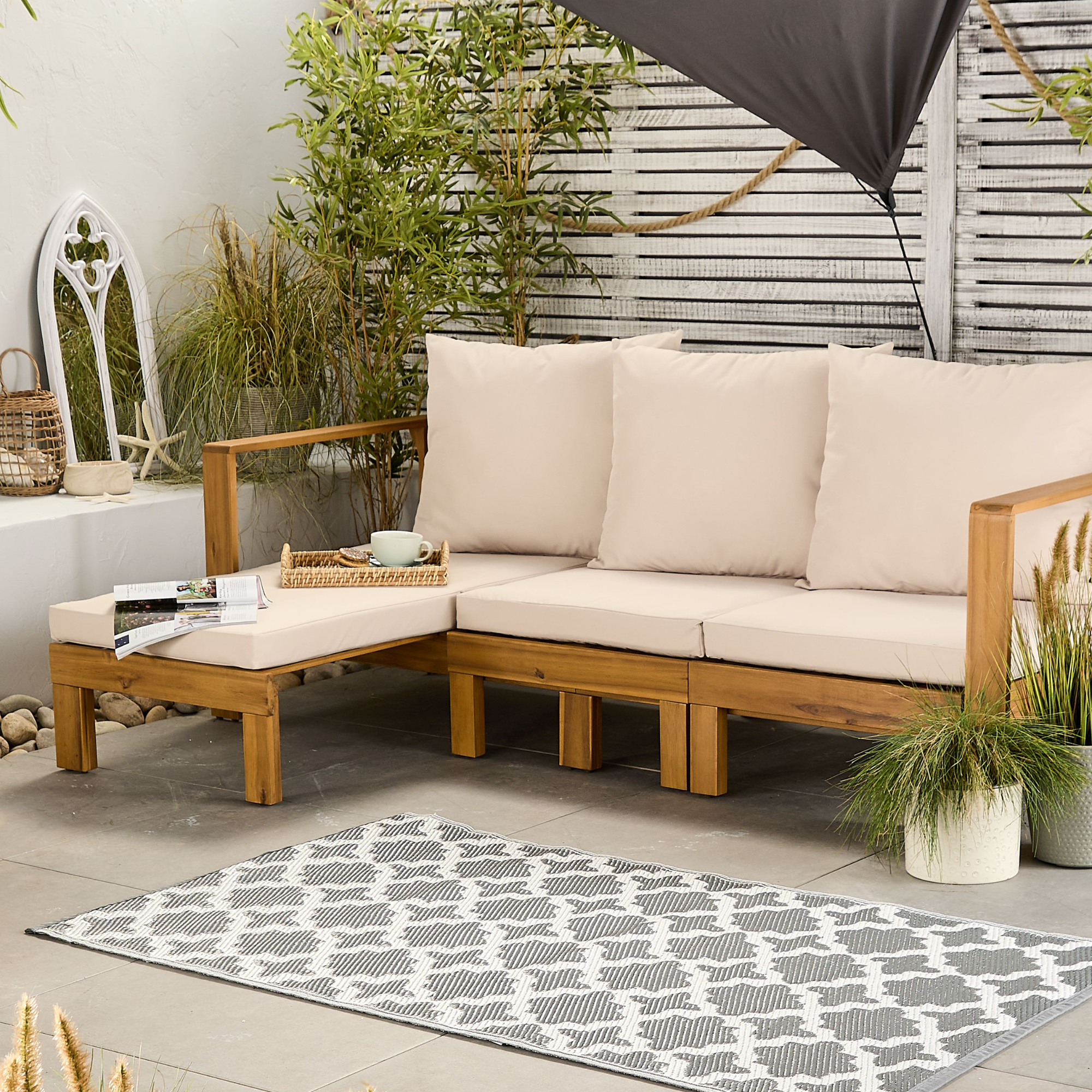 Aldi is launching a £200 day bed with four different features - its sleek design is suited to the whole family
Aldi is launching a £200 day bed with four different features - its sleek design is suited to the whole familyYou don't want to miss out on this Specialbuy
By Kezia Reynolds
-
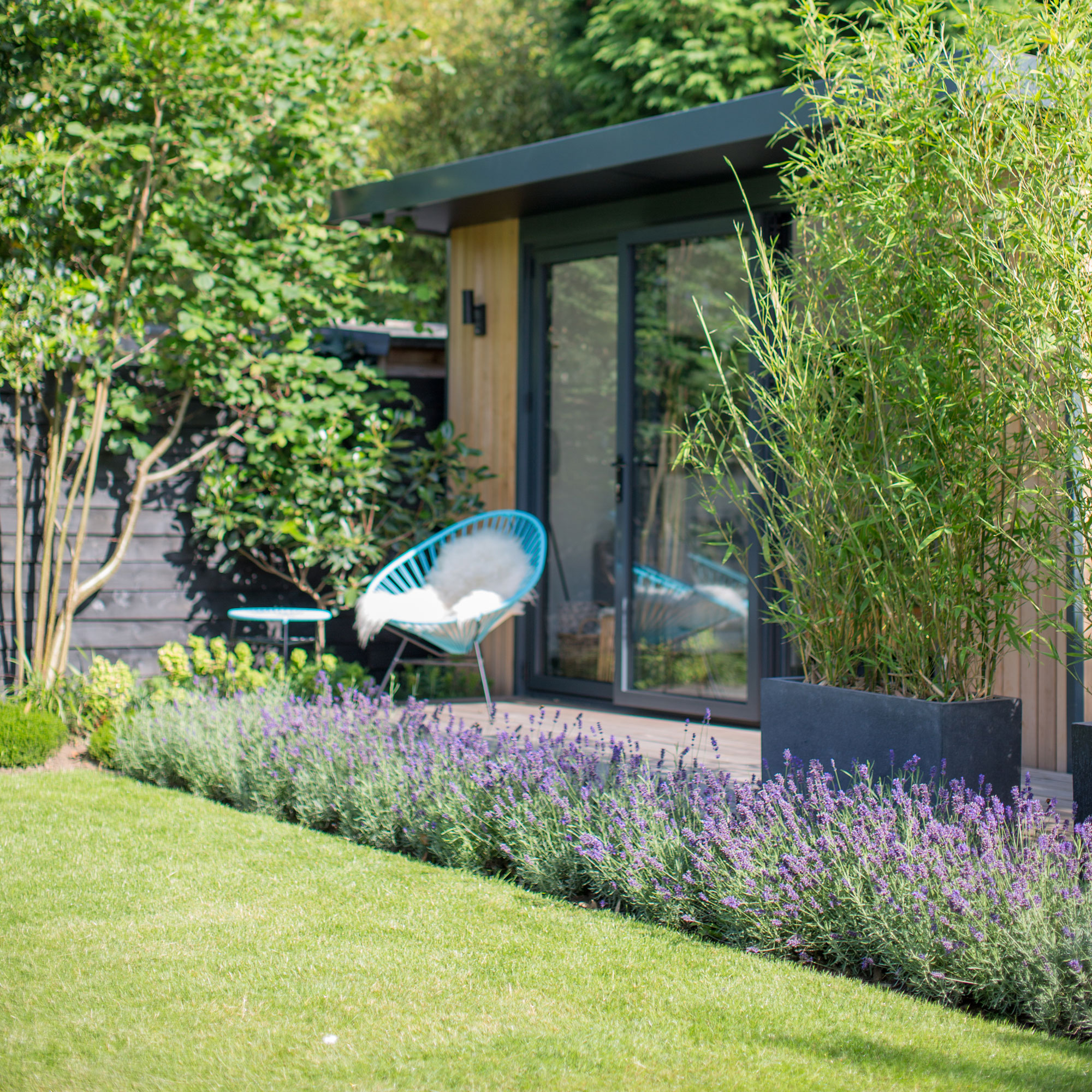 How to set up a drip watering system that saves water and a lot of effort
How to set up a drip watering system that saves water and a lot of effortKeep your plants hydrated (and your water bill down) with this clever garden watering solution
By Natalie Osborn
-
 Aldi is launching a £200 day bed with four different features - its sleek design is suited to the whole family
Aldi is launching a £200 day bed with four different features - its sleek design is suited to the whole familyYou don't want to miss out on this Specialbuy
By Kezia Reynolds
-
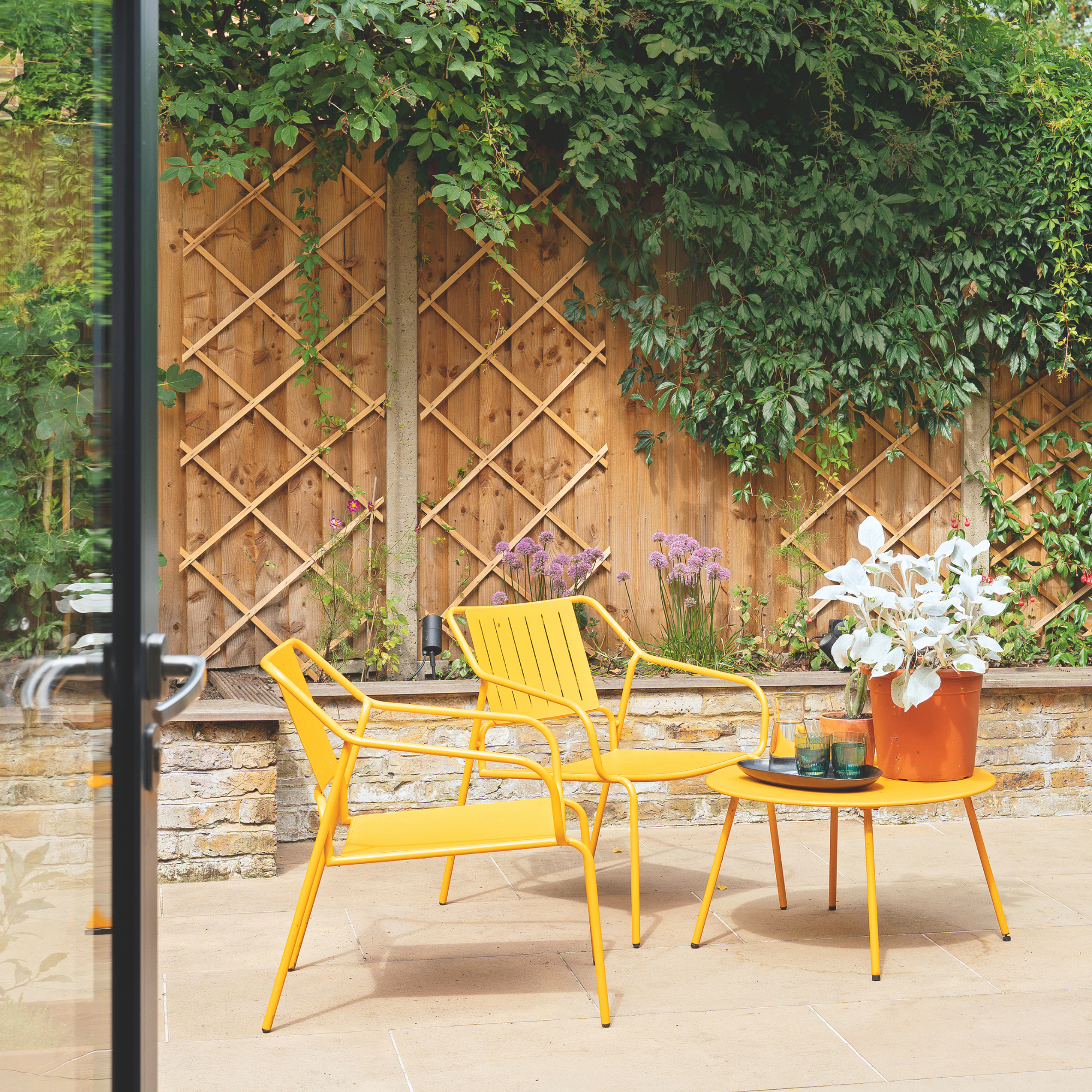 I’m seeing pastel garden furniture at all my favourite brands this spring, but QVC’s sorbet collection impressed me the most
I’m seeing pastel garden furniture at all my favourite brands this spring, but QVC’s sorbet collection impressed me the mostFresh pastel shades are a great way to liven up your outdoor space
By Kezia Reynolds
-
 I spent the afternoon looking through Wayfair's garden sale – these are the 6 pieces I'm buying immediately for summer
I spent the afternoon looking through Wayfair's garden sale – these are the 6 pieces I'm buying immediately for summerThese are my must-have garden buys from the sale
By Holly Reaney
-
 I’ve found the perfect alternative to John Lewis’ sold-out striped garden chair – and you won’t believe where it's from
I’ve found the perfect alternative to John Lewis’ sold-out striped garden chair – and you won’t believe where it's fromJohn Lewis' Sling Garden Chair is one of the most stylish pieces of garden furniture I'd seen – until I tracked down this QVC lounge chair...
By Kezia Reynolds
-
 Lidl is selling a smart tiered planter that will unlock extra planting space in a tiny garden or balcony
Lidl is selling a smart tiered planter that will unlock extra planting space in a tiny garden or balconyWhy I've been eyeing this planter up for my tiny garden
By Kezia Reynolds
-
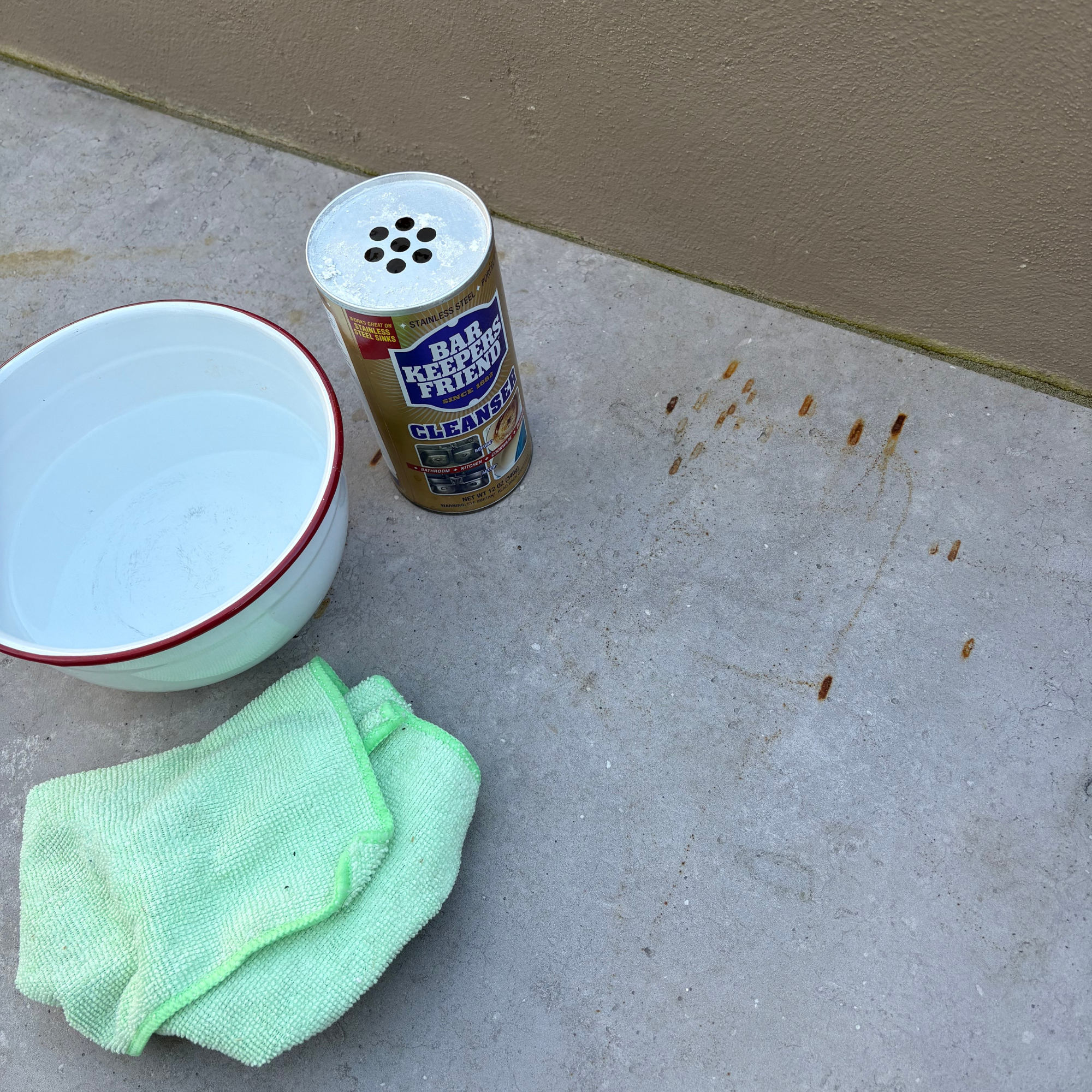 I’ve found the best solution for cleaning stains from a patio - and it’s only £8 on Amazon
I’ve found the best solution for cleaning stains from a patio - and it’s only £8 on AmazonThe stains practically vanish!
By Kezia Reynolds
-
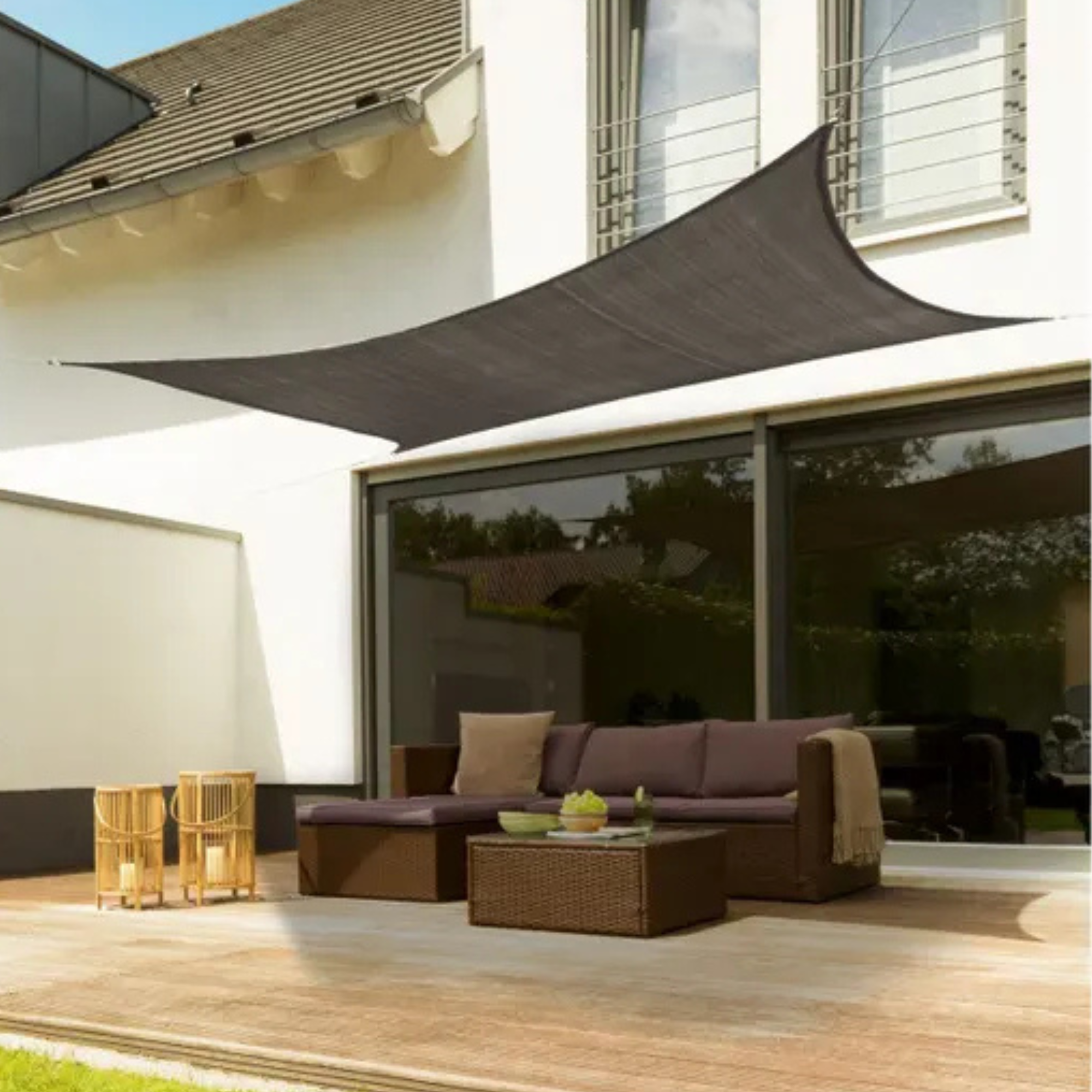 Lidl’s £15 sun sail is everything you need to create a shady oasis in your garden – and it’s on sale right now
Lidl’s £15 sun sail is everything you need to create a shady oasis in your garden – and it’s on sale right nowWith two stylish colours available, the sun sail will make a chic yet practical addition to any of your garden.
By Kezia Reynolds
-
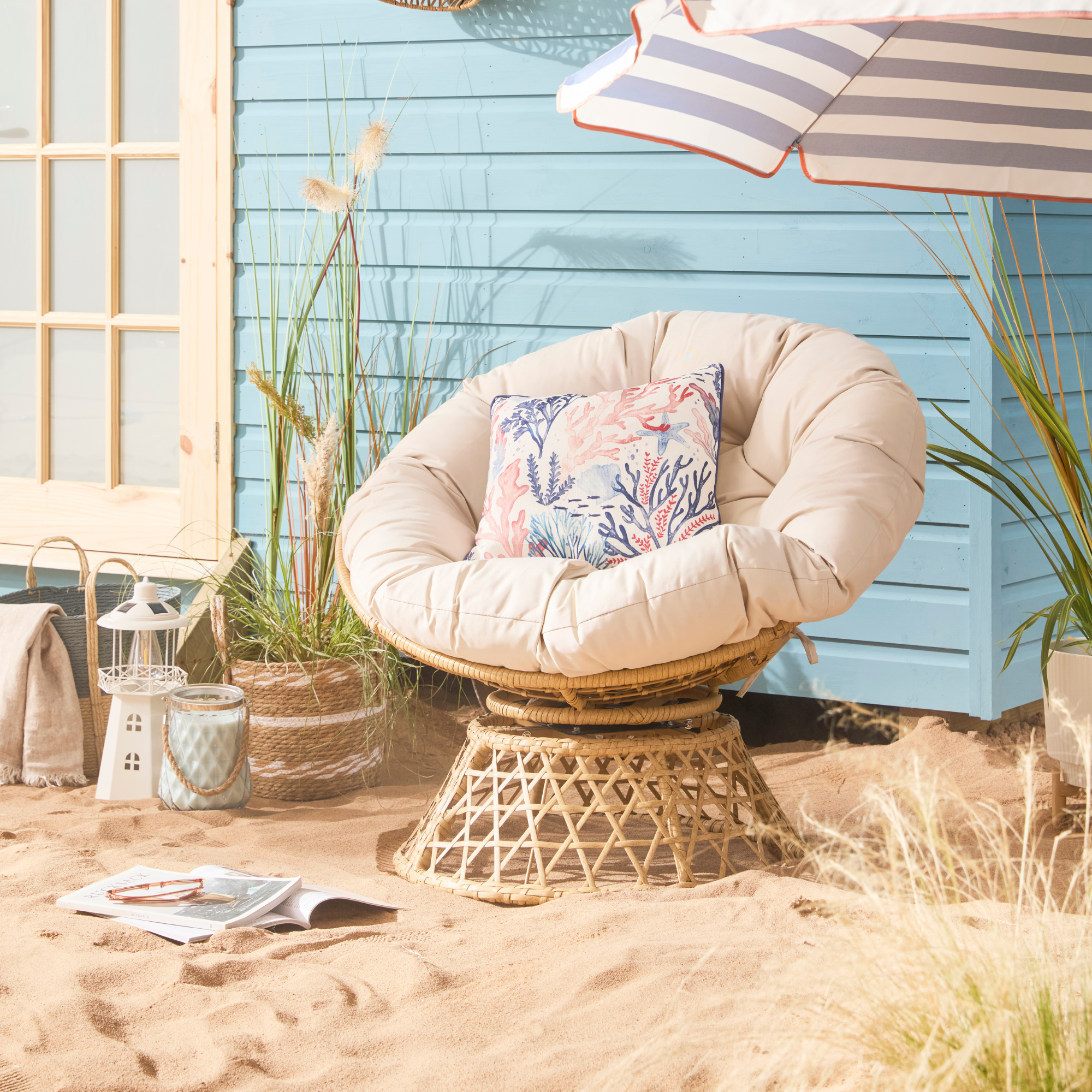 B&M has nailed 2025's breakout garden furniture trend - it's one of the most affordable and stylish I've seen
B&M has nailed 2025's breakout garden furniture trend - it's one of the most affordable and stylish I've seenGet the luxe look for less
By Kezia Reynolds
